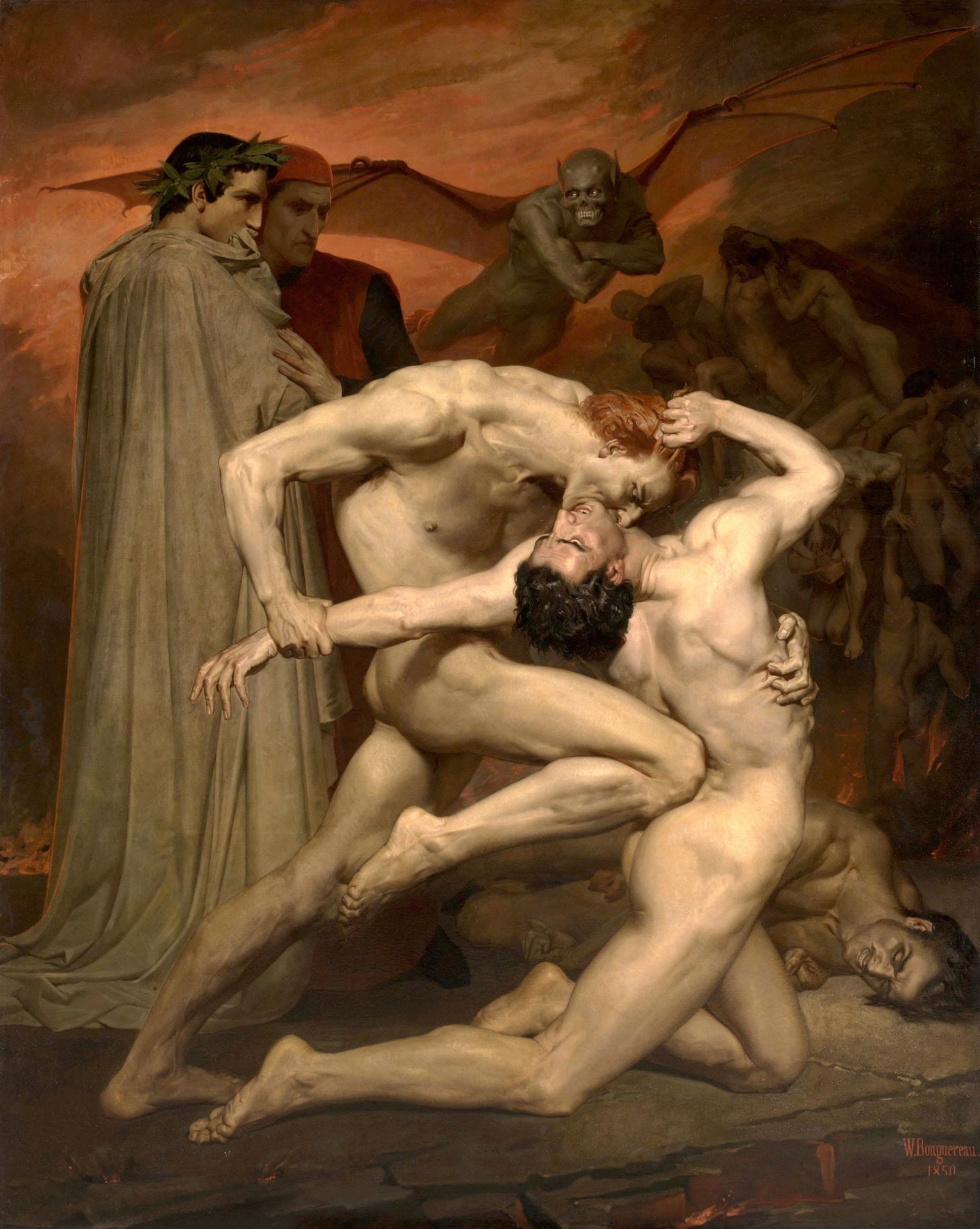The King's treasure, Tucker's demons and prayers outside abortion clinics
The sleep of reason produces monsters
Part one: Duchy originals
It shouldn’t be a surprise to anyone that the royal family is very rich and that its estates and holdings are run like businesses. All the same the Sunday Times and Channel 4 Dispatches investigations that were published and broadcast last weekend had a big impact. This was partly because of the investigative journalists’ thoroughness which showed just how incredibly widespread these activities are, but mostly because they detailed how the Duchies of Lancaster (the King) and Cornwall (the Prince of Wales) charge public bodies and charities a lot of money for very little, simply because they can.
These earnings are not about keeping the monarchy as an institution going. That’s provided for by what used to be called the “civil list” but is now the Sovereign Grant whereby the state directly funds the royal family in its function as a support to the head of state. In 2022-23 this amounted to £86.3 million.
In addition to this the King received just over £27 million from the activities of the Duchy of Lancaster and William made just under £24 million from the Duchy of Cornwall. Which would certainly keep me going for a year or two. The assets of the Duchies are now calculated as heading towards £2 billion.
The earnings come from a bewildering variety of commercial interests but is underpinned by land and property ownership in some extraordinary places. To take one example, William seems to own most of Dartmoor (yes, I know it’s not in Cornwall) and charges the prison £1.5 million a year just to be there. You may incidentally have heard that the prison service is not currently flush with cash.
Now look, I’ve had three (distinctly un-close) encounters with Charles and each time I’ve found something to like about him. I’m not quite so sure about William, still I feel no animosity. But come on. In 2024 both men are making huge amounts of undertaxed money from properties that are theirs because William the Conqueror seized them after 1066 and Parliament couldn’t be bothered to include them in its big buy-out of George III’s estate in 1760. These properties include stretches of seashore which allow public bodies to be charged for sewage outfall pipes which cross Duchy seabeds and the RNLI for stationing boats on Duchy beaches.
Why do we even have “duchies” in 2024? Or dukes, or viscounts, or earls? The Sunday Times revealed something I most certainly didn’t know:
The Duchy of Cornwall benefits from “bona vacantia”, which entitles William to take possession of any property in Cornwall when an owner dies without an heir. According to its annual report, of the £288,000 the duchy said it gave to charity last year, more than half of this money was from bona vacantia.
Bona vacantia sounds like a burst of Polari, possibly referring to a gay holiday. TheTimes also reminded us that nearly 20 years ago the public accounts committee reported that “the current arrangements stem from the 14th century, and the resulting income is to that extent an accident of history. After more than 600 years, it would seem sensible for the Treasury to review whether these arrangements remain appropriate to present-day circumstances.”
No such review as recommended back in 2005 took place. Or at least, not that we know about.
Part two: performative praying
Meanwhile Daniel French, the vicar of Salcombe (one of the seaside towns where the Duchy owns the beach the lifeboat uses) was tweeting about religious persecution:
From 31st October (Halloween) this government will make mental silent PRAYER in certain parts of Britain unlawful. If thoughts become illegal, there will be legalisation for thought crime. All on… Halloween.






